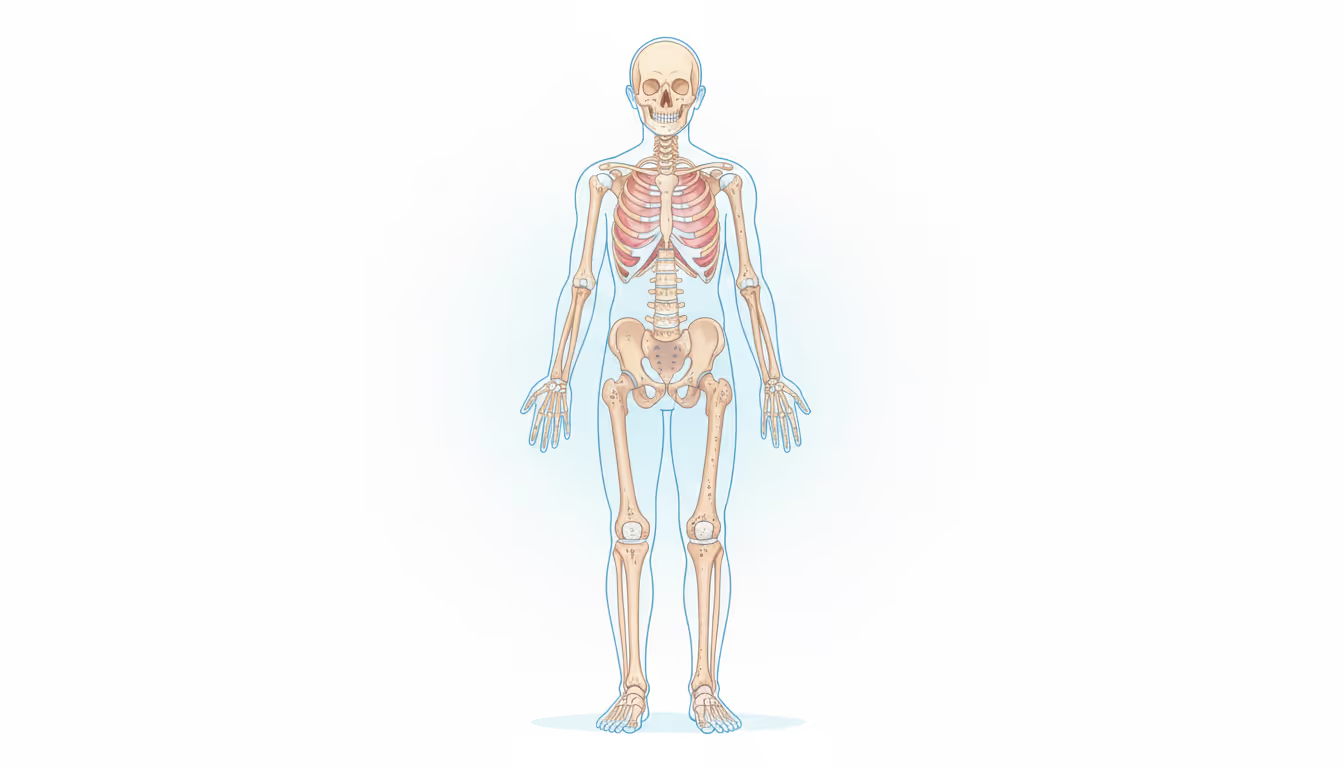
Paget's Disease:Commonly referred to as Paget's disease today, this chronic bone condition is characterized by abnormally large and misshapen bones due to excessive bone tissue breakdown and regeneration. This can lead to weakened bones, resulting in bone pain, deformities, and fractures. This disease is named after Sir James Paget, an English surgeon who lived from 1814 to 1899. Paget's disease is rarely identified in individuals under 40 and impacts men and women equally. Because the disease can be hereditary, siblings and children of affected individuals over 40 may consider undergoing an alkaline phosphatase blood test every two to three years for early detection.Many individuals are unaware they have Paget's disease due to mild symptoms or a lack of symptoms altogether, often mistaking them for arthritis or other conditions. Symptoms may include:- Bone pain, which is the most prevalent symptom and can occur in any affected bone, often near joints.- Headaches and hearing loss, especially when the skull is involved.- Nerve pressure, which can occur if the skull or spine is affected.- Increased head size, limb bowing, or spine curvature in advanced cases.- Joint damage, leading to arthritis.Paget's disease diagnosis may involve:- X-rays, which reveal distinctive Pagetic bone features.- Alkaline phosphatase testing to detect elevated levels in the blood.- Bone scans to assess the condition's extent and activity, followed by x-rays for confirmation.The prognosis for Paget's disease is generally positive, particularly if treatment begins before significant bone alterations occur. The disease commonly affects the spine, skull, pelvis, thighs, and lower legs. Symptoms typically progress slowly and do not spread to unaffected bones. While treatment can manage the disease and alleviate symptoms, it is not a cure.Paget's disease can be associated with other health issues, including:- Arthritis, due to bowed long bones and enlarged Pagetic bones impacting joint alignment and wear.- Hearing loss, which may happen if the skull and surrounding ear bones are affected. Treatment may slow or halt the hearing loss, and hearing aids could be beneficial.- Heart strain, as the heart works harder to supply blood to affected bones, though this generally doesn't cause heart failure unless accompanied by arterial hardening.- Kidney stones, which are slightly more prevalent in Paget's patients.- Nervous system complications, as Pagetic bone may press on the brain, spinal cord, or nerves, limiting blood flow.- Rarely, Paget's disease can lead to osteosarcoma, a malignant bone tumor, especially if sudden or worsening pain occurs.- Dental issues, where facial bone involvement may loosen teeth, affecting chewing.- Vision problems, though rarely, if the skull is involved, the nerves to the eyes may be compromised, leading to vision loss.Paget's disease is not specifically linked to osteoporosis, though both conditions can coexist. They are distinct disorders, but some treatments overlap. The primary goal of medication is to manage Paget's disease over time. Treatment options include aspirin, pain relievers, and medications that slow bone turnover, such as calcitonin (Calcimar, Miacalcin) and bisphosphonates like etidronate (Didronel), alendronate (Fosamax), pamidronate (Aredia), tiludronate (Skelid), and risedronate (Actonel).Surgery may be suggested for three main complications: - Fractures, to ensure better healing alignment.- Severe arthritis, where joint replacement may be necessary if other treatments fail.- Bone deformities, where osteotomy (cutting and realignment) can relieve weight-bearing joint pain, particularly in the knees.Enlargement of the skull or spine can impact the nervous system. However, most neurological symptoms, even severe ones, can be managed with medication, avoiding the need for neurosurgery.Generally, those with Paget's disease should ensure an intake of 1000-1500 mg of calcium, sufficient sunlight, and at least 400 units of vitamin D daily, especially when taking bisphosphonates. Those with a history of kidney stones should consult their doctor regarding calcium and vitamin D intake.Exercise is crucial for maintaining bone health, preventing weight gain, and ensuring joint flexibility. Patients should consult their physician before starting any exercise program to avoid straining affected bones.




